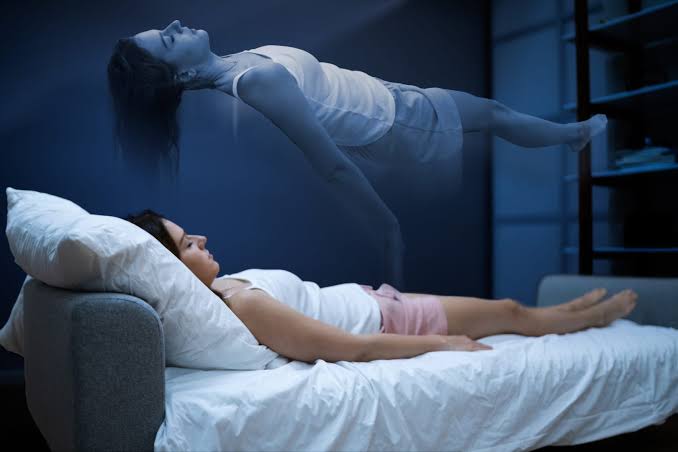
For many, sleep is the ultimate form of rest—a time when the body heals, recharges, and resets. But in rare and tragic cases, some people go to sleep and never wake up. While these events are unexpected and frightening, they’re not always without cause. In fact, there are several medical conditions that can lead to sudden death during sleep, often with few or no warning signs……CONTINUE READING>>>
Understanding these risks isn’t about creating fear—it’s about awareness and prevention. Here are four of the most common hidden causes of unexpected death during sleep:
1. Sudden Cardiac Arrest (SCA)
Sudden cardiac arrest occurs when the heart abruptly stops beating due to a malfunction in the heart’s electrical system. This can happen at any time—including during sleep. In many cases, it’s caused by undiagnosed heart conditions such as:
- Arrhythmias (like ventricular fibrillation)
- Hypertrophic cardiomyopathy (especially in younger individuals)
- Coronary artery disease
Warning signs may include: shortness of breath, chest discomfort, palpitations, or fainting spells. However, it can also strike with no symptoms at all.
Prevention Tip: Get regular heart screenings, especially if you have a family history of heart disease.
2. Obstructive Sleep Apnea (OSA)
Sleep apnea is a serious but often overlooked condition where breathing repeatedly stops and starts during sleep. In severe cases, OSA can lead to dangerously low oxygen levels and strain the heart—raising the risk of sudden cardiac death during the night.
Signs of sleep apnea include:
- Loud snoring
- Gasping for air during sleep
- Excessive daytime fatigue
- Morning headaches
Prevention Tip: If you or a loved one shows signs, seek a sleep study. Treatment (such as CPAP therapy) can significantly reduce the risk.
3. Stroke
A stroke can happen at any time, including while you sleep. When a blood clot blocks blood flow to the brain (ischemic stroke) or a vessel ruptures (hemorrhagic stroke), it can lead to brain damage or death if not treated immediately.
The danger during sleep is that symptoms can go unnoticed until it’s too late.
Risk factors include:
- High blood pressure
- Smoking
- Diabetes
- Atrial fibrillation
Prevention Tip: Manage your blood pressure, avoid smoking, and stay active to keep your blood vessels healthy.
4. Sudden Unexplained Nocturnal Death Syndrome (SUNDS)
This rare but deadly condition mostly affects young, healthy individuals—particularly in some Southeast Asian populations. It involves sudden, unexplained death during sleep, often in people with no known heart problems.
Experts believe it may be linked to genetic heart rhythm disorders such as Brugada syndrome.
Warning signs (if any):
- Fainting
- Irregular heartbeat
- Family history of sudden death during sleep
Prevention Tip: If there’s a history of unexplained sleep deaths in your family, a heart screening may be crucial—even if you’re symptom-free.
Final Thoughts: Knowledge Could Save a Life
While sudden death during sleep is uncommon, these conditions remind us of the importance of regular health checks, knowing your family history, and not ignoring warning signs like snoring, fatigue, or chest discomfort.
Sleep should be a time of peace—not risk. Stay informed, take care of your heart, and seek help when something doesn’t feel right..CONTINUE READING>>>
